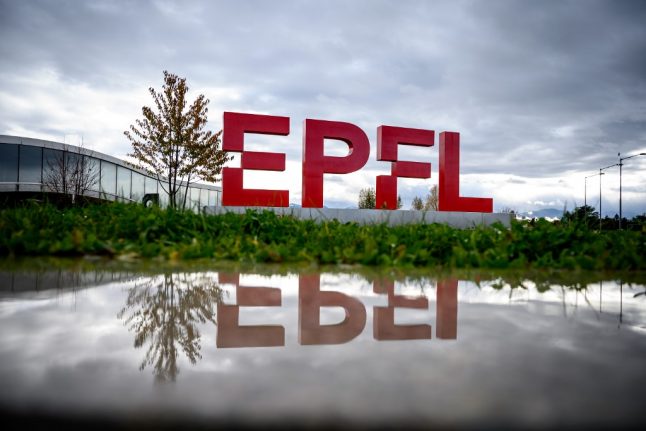The Times Higher Education World Reputation Rankings for 2014 ranks ETH Zurich, the Federal School for Technology, in 16th place, up from 20th a year earlier.
The rankings, issued on Wednesday, put the Ecole polytechnique fédérale de Lausanne (EPFL) among the top 50 universities in 49th place, after previously rating among the top 60 institutions.
The survey involves what the THE claims is the world’s largest opinion survey of invited academics “to provide the definitive list of the top 100 most powerful global university brands”.
The rankings are a spinoff of the publication’s annual university rankings, which typically face charges of an Anglo-Saxon bias.
“The reputation league table is based on nothing more than subjective judgment of senior, published academics — the people best placed to know the most about excellence in our universities,” the THE says.
The list is dominated by American and British universities, with Harvard ranked at the top, followed by the Massachusetts Institute of Technology, Stanford, Cambridge and Oxford.
ETH Zurich is the top-ranked university outside of the US or Britain with the exception of the 11th placed University of Tokyo.
You don’t have to be Albert Einstein to study at the Zurich university because every Swiss citizen who has sat the Matura (matriculation) is eligible to attend, the THE says.
“But it doesn’t hurt.”
Established in 1855, the university teaches around 15,000 students in 16 faculties.
Einstein received his diploma from the school in 1901.
For more on the survey, check here.



 Please whitelist us to continue reading.
Please whitelist us to continue reading.
Member comments